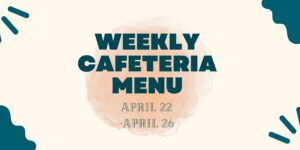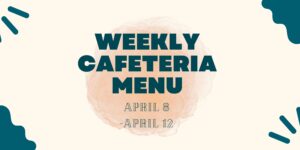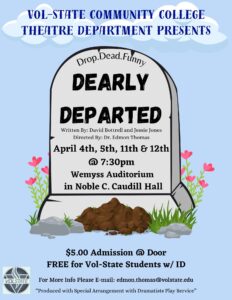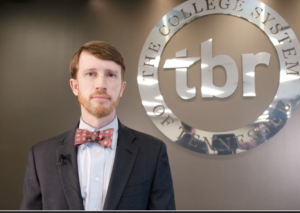Last updated on March 26, 2018
By Blake Bouza
Editor-in-Chief
The last two weeks we discussed part of the gun problem our country is faced with: the guns themselves. I would like to devote a final week to this problem before moving on. I feel we do that a little too easily in the state of desensitization we find ourselves in with shootings such as Parkland.
This week, let’s talk about the mental health problem our country faces.
The Parkland shooter suffered from mental health.
“There is a clear relationship between mental illness and mass public shootings,” according to the LA Times.
But this does not, of course, mean everyone suffering from a mental illness are potential mass shooters, I want to make it clear that we all understand that point going forward.
The article continued, “At the broadest level, peer-reviewed research has shown that individuals with major mental disorders (those that substantially interfere with life activities) are more likely to commit violent acts, especially if they abuse drugs. When we focus more narrowly on mass public shootings — an extreme and, fortunately, rare form of violence — we see a relatively high rate of mental illness.”
The book “Mass Murder in the United States: A History” makes the observation that at least 59 percent of the 185 public mass shootings that took place in the United States from 1900 – 2017.
These were carried out by people who had either been diagnosed with a mental disorder or demonstrated signs of serious mental illness prior to the attack.
MotherJones.com found a similarly high rate of potential mental health problems among perpetrators of mass shootings, 61 percent, when the magazine examined 62 cases in 2012, according to the LA times.
As has come to light since the Parkland shooting, we now know the shooter had been treated for mental illness in the past.
I have seen a case made that teachers should be allowed to bring firearms into the classroom. Teachers, though, are just as human as the rest of us and just as susceptible to dealing with mental illness.
As we saw when a teacher in Dalton, Georgia fired a handgun out a window after he barricaded himself in his classroom.
Though it is not explicitly stated the Dalton teacher had a history of mental illness, and the police state he claims to have had no intention of harming anyone, it seems clear the teacher was under some strain to have acted out in such a way.
So what is our solution? Can we solve this problem of isolation, depression and fear with policy?
I do not think I’m saying anything radical when I put forth this idea: we should solve it with conversation. At the ground level. At schools – which also, I think, will help the issue of adult mass shooters.
By that I mean, with school counselors. People who will take the time and make themselves available to students who perhaps feel isolated in their struggles. Counselor(s) to get to know students and be able to watch out for warning signs.
This counselor should not only be limited to students; faculty could very much benefit from a person like this as well.
A counselor would be invaluable here on our campus in the aftermath of a shooting like Parkland, when people feel vulnerable, perhaps a little fearful of going to campus, when 17 very fragile lives were so swiftly taken in a matter of minutes. Tell me what you think: bbouza@volstate.edu.




Comments are closed.